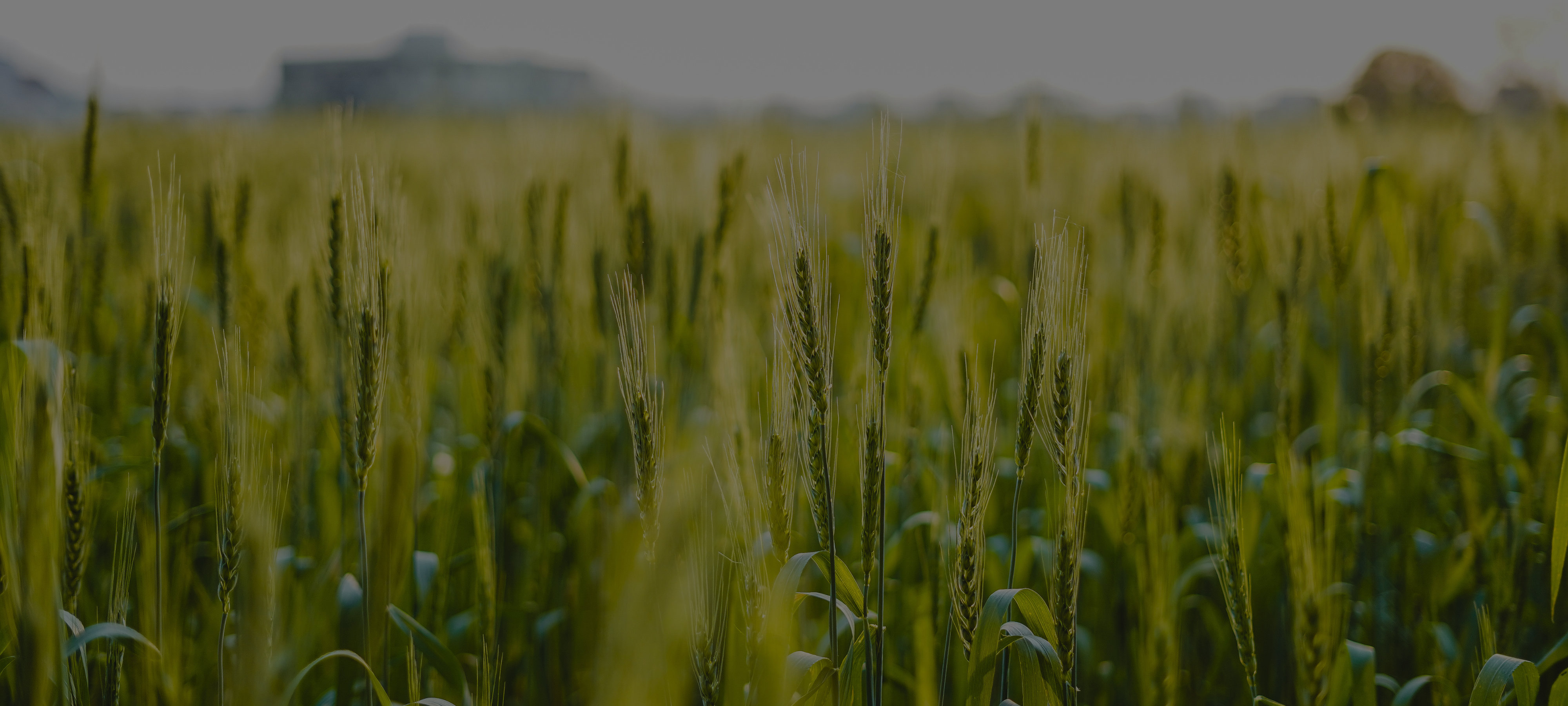
-
Homepage
- Plant-Based
Plant-Based
We offer Plant-Based Products, which are the basis for many processes in industry. They are used for food, feed, cosmetics, medicines, paper and adhesives.
Search product
Didn’t find the product you’re looking for?
Contact us, we will arrange it custom for your company!
Contact form
Choose an application for your branch
Contact
Reach out to us!
Contact us by the contact form, and get a direct response to your question within four business hours!
Looking for a trusted partner in distribution?
Need a new supplier for your production?
Interested in a product not listed on the website?





